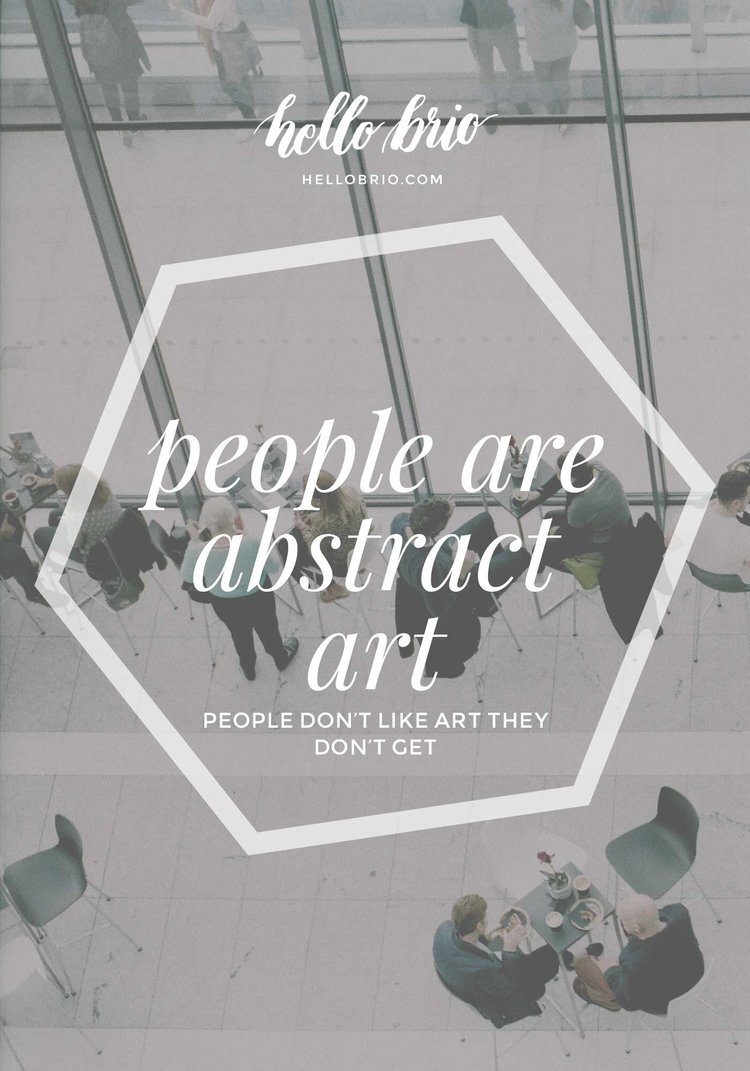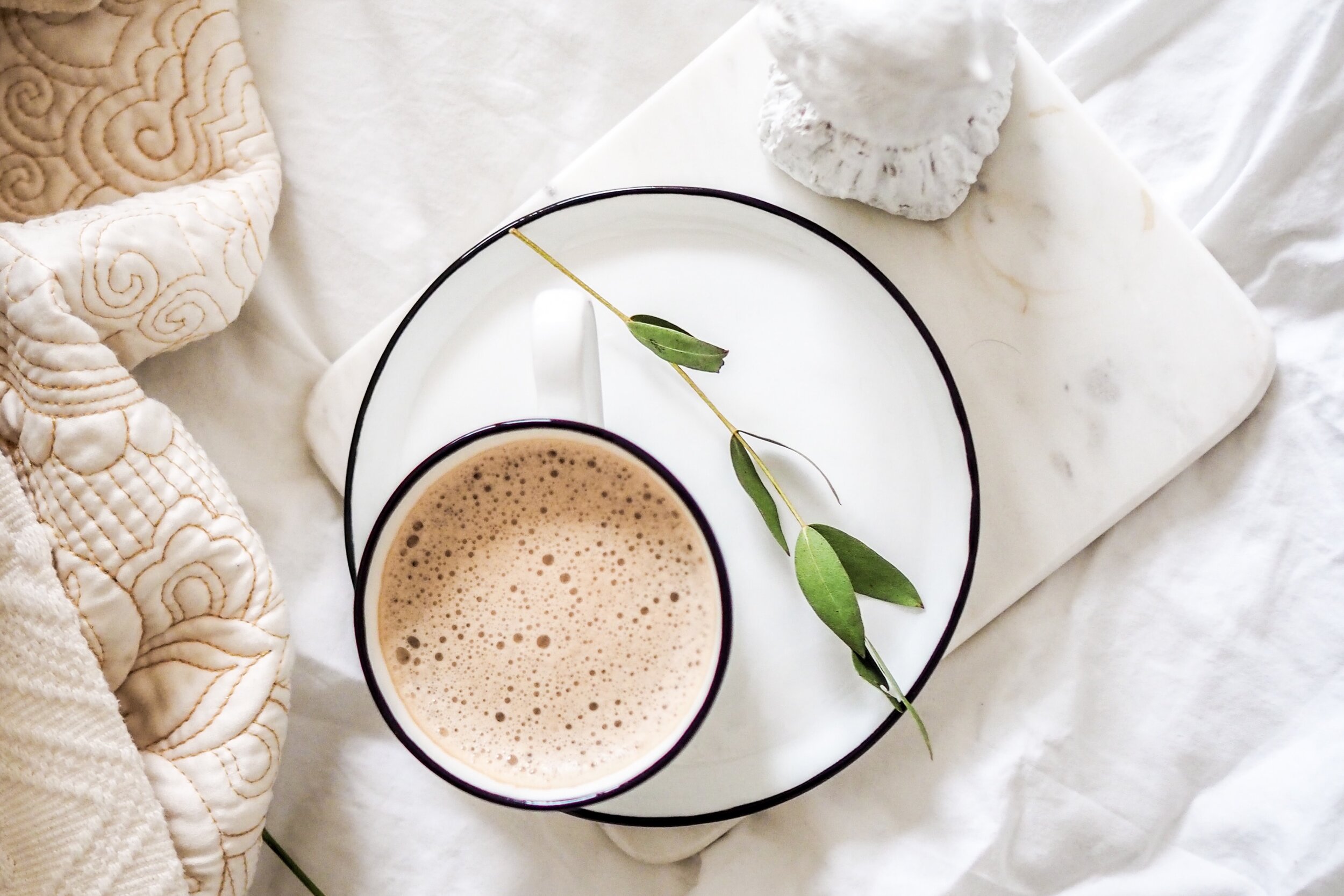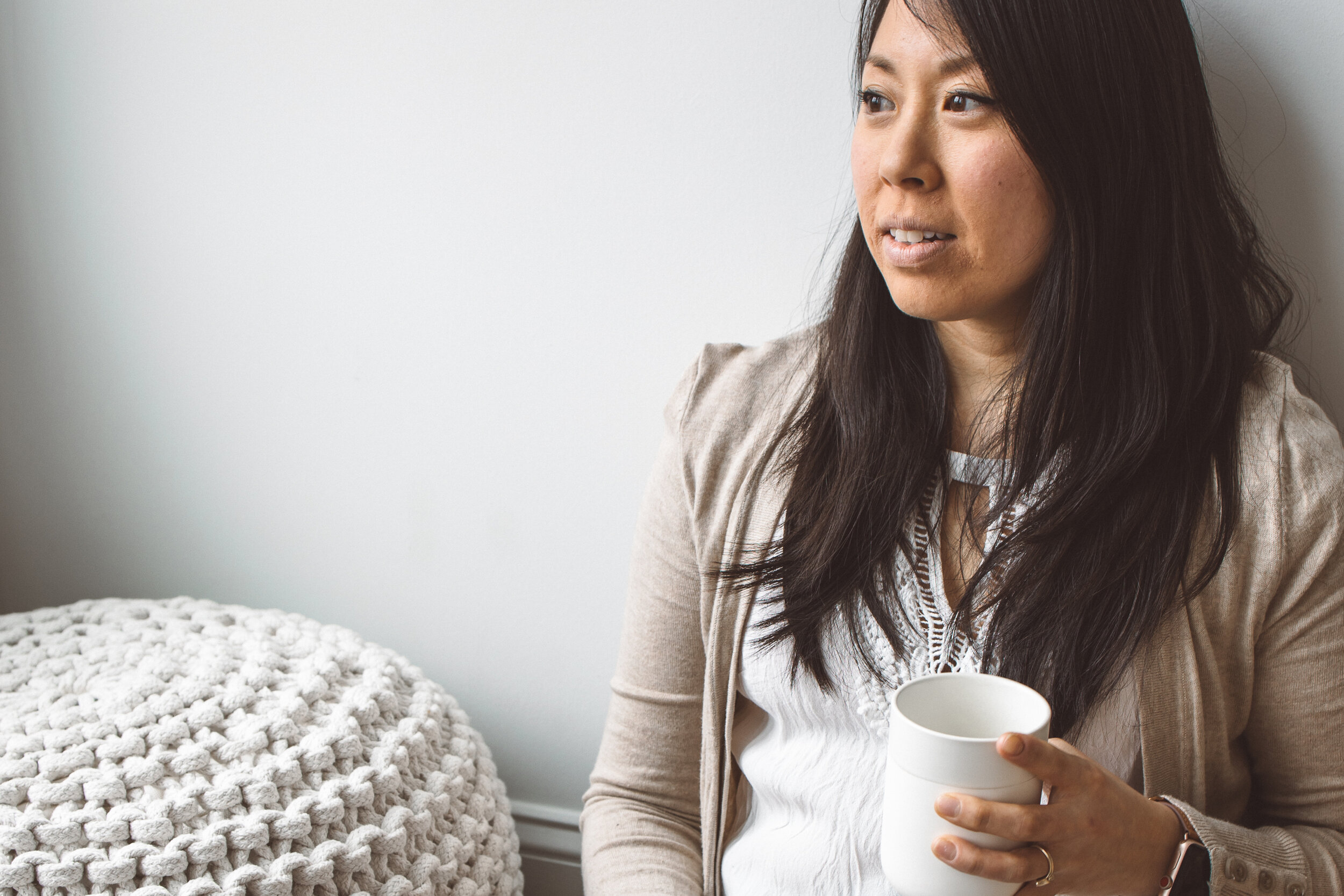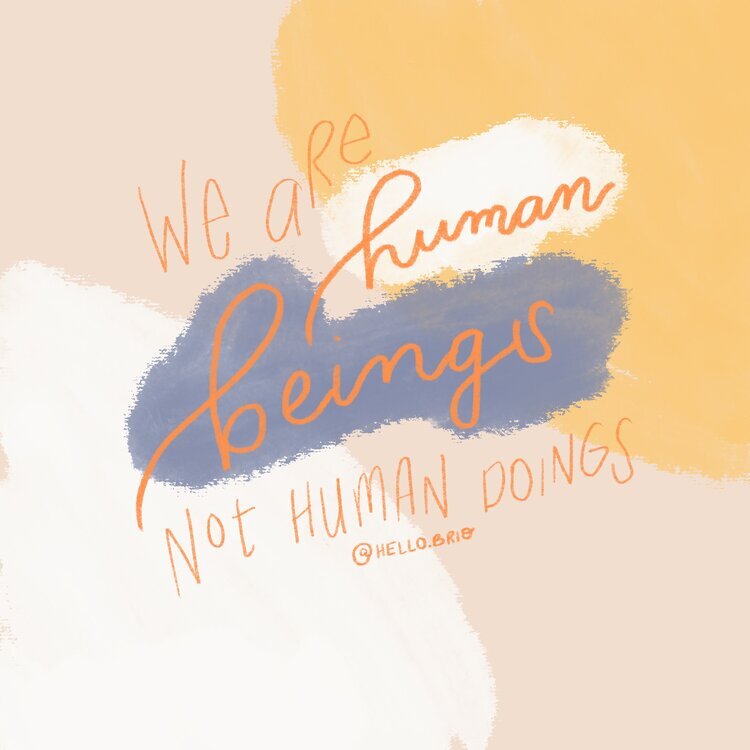People Are Abstract Art
Interpreting abstract art with friends is as fun as making up stories for people you see on the street. It’s a game of: How plausible can I make this nearly-baseless story sound? While walking around a friend-of-a-friend’s art show the other night, I realized how strange this experience was. As our group moved from painting to painting, we shared what the painting meant to us. What emotion we saw behind it. What potential real images we were seeing in these intentional but seemingly directionless brush strokes.
People don’t like art they don’t get
Abstract art makes some people downright uncomfortable. They become angry with seemingly random brush strokes and plain fields of color. “This is art?” or “A child could do this” or “What on earth was the artist thinking?”
Other people thrive on abstraction, knowing that the artist had great emotion and purpose during creation, and is conveying a coded message behind pleasing color schemes and sweeping motions.
In both cases, people don’t like art they don’t get. In the aversion case, people write off the art as something not worth looking at. But even with love of abstract art comes the need to figure it out. The latter group asks, “What did the artist mean by this?” and works to label it by sleuthing the motivation behind it. They rearrange the brush strokes until the meaning becomes clear and they can tell themselves a story about the piece in question. They’ve succeeded in labeling it by combining personal experience and social conventions in a logical fashion. The gallery visitors can walk away and feel good, knowing they “figured out” the art.
The abstract art enthusiast is also quick to share her interpretation of the art with other people. “This is what I see,” and “This is how it made me feel.” Even though the enthusiast’s friends will have their own vision of the painting in question, they will be influenced by others’ opinions.
Working to discover meaning in abstract art with an open-minded group of friends is entertaining. But while walking around the show, I realized our lives are full of nearly-baseless explanations of other people, just like abstract art.
Pin for later
People are abstract art
Individuals are the same as abstract art. An odd man makes others uncomfortable. The crowd feel unrest until they can slap at least one label on him. This need to label leads to snap judgments, whether correct or incorrect.
“He’s gay” or “He’s poor” makes a stranger easier to digest.
“He’s tenacious because he has a big family to take care of” or “He isn’t dating because he is still recovering from a broken heart” makes it easier to figure out a friend.
Without these labels, an individual is an untamable mass of energy circling around this planet with nowhere to go. You question his experiences, his motivation, his goals, his intentions. You try to capture a person in one moment in time by having a deep conversation with him. Do you think this will help you to gain a better understanding of him? No, that understanding is fleeting. It’s circumstantial.
Viewing a painting is just like one meaningful conversation with a person. Art is a representation of a moment in time: the materials available, the lighting, and how the artist’s week was going. The abstract artist conveys his message through brush strokes and splatters. He may have had an intention. He may have had no intention at all. He may have aimed to capture one emotion but saw the expression going another way and landed in a completely different place because he ran out of a color.
Because art is tangible, we the observers hope to be able to interpret the original motivation behind it, no matter the intention or actual motivation of the artist. And let’s suppose the artist shares the meaning of the work. Does it line up with your beliefs? Does it help you make more sense of the abstraction? Is it completely opposite of what you thought?
Ultimately, the attempt of you to capture the meaning is futile.
Same goes for people. People are ever-changing and complex. There are the facts, and there are the ways you interpret the facts. People are so complex that even if you think you know them because you’ve been married to them for 30 years, you’ll never know the true intention behind their actions or their behaviors. The materialized, tangible parts of a human being: his clothes, personal hygiene, belongings, career, hobbies, and behaviors are surface-based. Even conversations you have with a person where you feel like you tap into their psyche is surface-based.
Communication with a person is completely subjective. If a person chooses to present himself in a certain way, he’s going to think he’s communicating X. But the listener will interpret it as Y. Not to mention each person will have his or her own past experiences (A and B) as well as his or her own environmental factors (M and N) such as where they’re sitting, what’s on their mind, and what they’re actually physically hearing (if you’re in a noisy bar, for example). It’s a fucking crazy alphabet soup.
That’s why relationships are complex and confusing. Not to mention that the average person needs to hear something seven times before it resonates with them and they can commit that fact to memory (if they even choose to).
What’s my point here? Every person, by definition, is undefinable. We’re all so complex; you can’t put a label on us.
But this doesn’t stop society and strangers and acquaintances and friends and family and significant others from labeling each other.
So what do we do?
We’re better off interpreting others just like abstract art. The painting is there. The meaning behind it is there somewhere. And our interpretation of it is there, too. But even though we have a materialized form in front of us, we have to realize that we won’t ever truly understand it, no matter how close we get to it or how well we think we know the artist. Our “true understandings” of a person need to be taken with a grain of salt and need to be flexible.
Every person, by definition, is undefinable. We’re all so complex; you can’t put a label on us.
Cover photo by Daria Shevtsova











